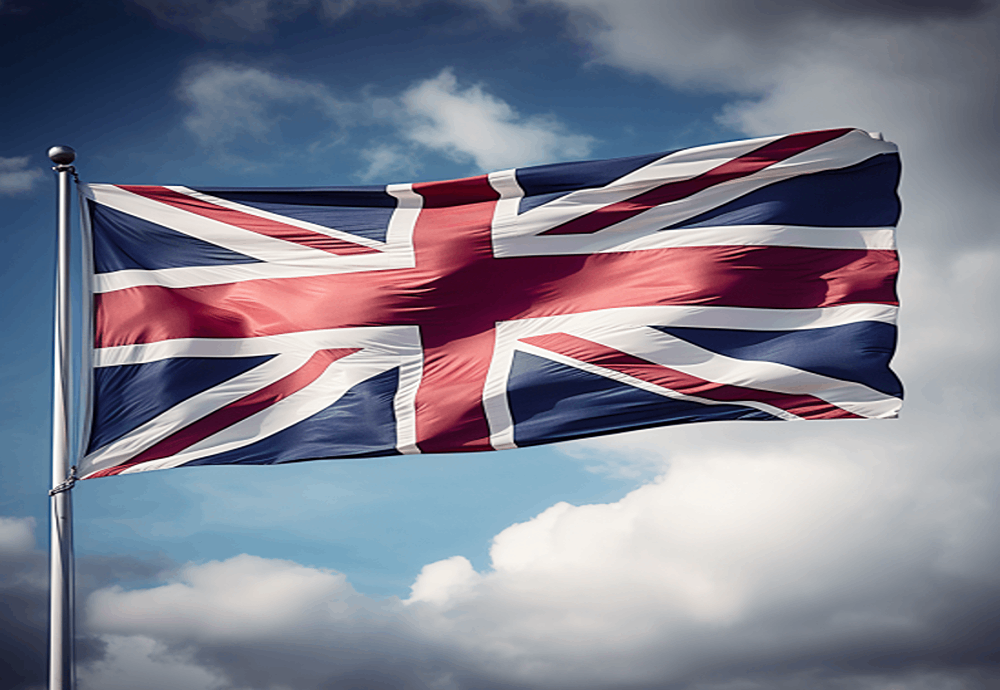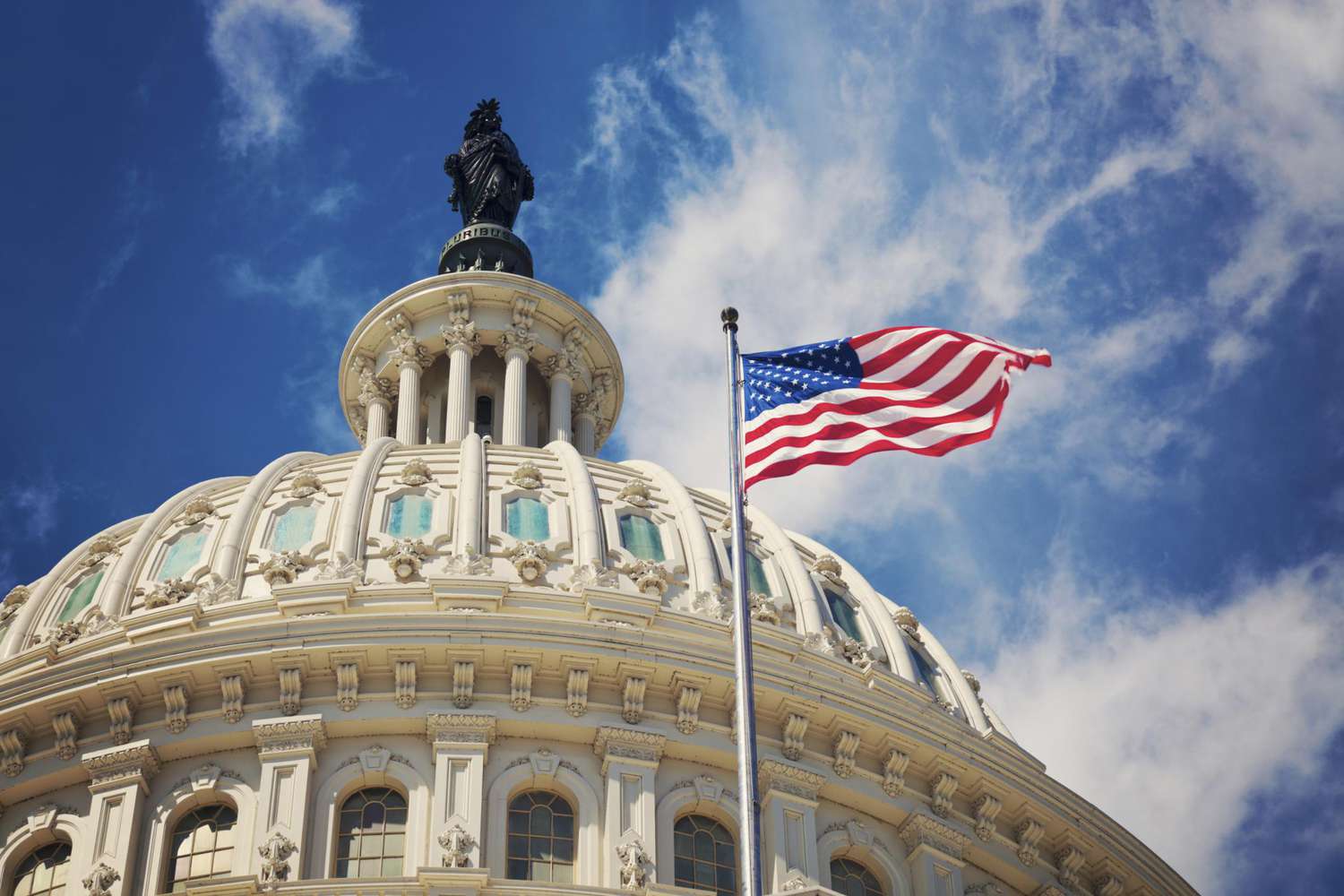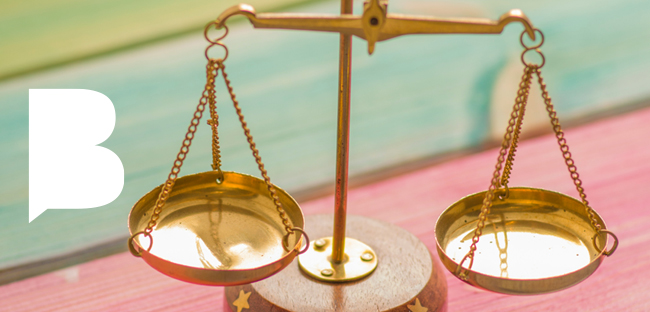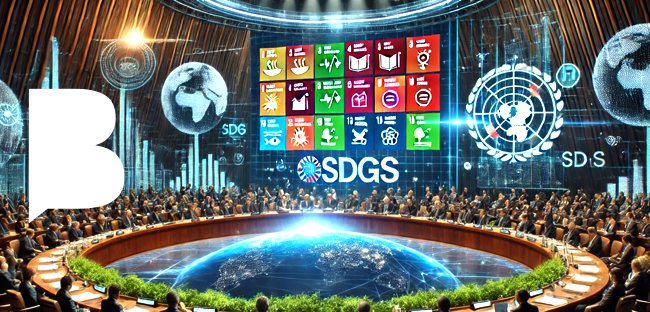
Dear readers,
Google’s parent company, Alphabet, has sealed a $32 billion deal to acquire Wiz, an Israeli cybersecurity powerhouse, marking the largest acquisition in Google’s history. Announced on 18 March 2025, this deal did not just happen overnight; it is a tale of persistence, political shifts, and a fierce battle for dominance in the cloud security landscape. Let’s dive into what this means for cybersecurity, the tech industry, and the broader US-China tech rivalry to focus on what truly matters.
Accelerated negotiations under the Trump administration
The story starts nearly a year ago when Google first tried to snag Wiz for $23 billion in July 2024, but the deal fell through, spooked by fears of harsh antitrust scrutiny under the Biden administration. Fast forward to Donald Trump’s return to the White House in January 2025, and the circumstances shifted. Trump’s inauguration was the game changer. His appointees, Andrew Ferguson of the Federal Trade Commission (FTC) and Gail Slater overseeing antitrust at the Justice Department, signalled a friendlier stance toward big mergers. For Wiz and Google executives, this was the green light they had been waiting for. Talks that had sputtered since last fall suddenly kicked into high gear, culminating in a deal sweetened by a hefty $9 billion bump and a massive $3.2 billion breakup fee, over 10% of the deal’s value, if regulators block it.

Background on Wiz
Why the rush for Wiz? It is all about cloud security, a field growing more critical by the day as businesses shift online and cyber threats multiply. Wiz, founded in 2020 by ex-Israeli military tech experts, has soared to a $700 million annual revenue stream, with a 70% growth rate that is the industry’s envy. Its tech helps companies spot and fix risks across cloud platforms like Amazon Web Services, Microsoft Azure, and, yes, Google Cloud. For Google, which trails Amazon and Microsoft in the cloud race, Wiz is a golden ticket to beef up its offerings.
Cybersecurity is no longer just a nice-to-have. Last year’s CrowdStrike outage showed how one glitch can cripple industries worldwide. Google’s cloud boss, Thomas Kurian, has relentlessly chased this prize, seeing Wiz as key to closing the gap with rivals.
But this deal is not without controversy. At $32 billion, it is a colossal bet, dwarfing Google’s previous big buy, Motorola Mobility, at $12.5 billion in 2012. The price tag reflects Wiz’s value, sure, but also the risk. Google is already tangled in two Justice Department lawsuits over its search and adtech dominance, and a deal this size could still draw a stern look, even under Trump’s lighter touch. Wiz executives, burned by watching Adobe’s $20 billion Figma bid crash in 2023 over antitrust woes, demanded that sky-high breakup fee as insurance. It is a rare move, most US deals hover around 4-7% for such fees, per a 2023 Fenwick and West study—but it shows how jittery both sides are about regulatory hurdles.
Implications for the cybersecurity landscape
Zoom out, and this acquisition fits into a larger chess game: the USA versus China in tech supremacy. On 17 March, the US Department of Commerce banned China’s DeepSeek AI from government devices, citing fears it could funnel data to Beijing. Wiz’s rise contrasts sharply with DeepSeek’s struggles; while the Chinese firm dazzles with cheap, clever AI models, it is hitting a wall of US restrictions. Google snapping up Wiz is not just about market share; it is a strategic grab to keep cutting-edge cybersecurity tech in Western hands. Israel’s knack for producing security stars—think Siemplify (bought by Google in 2022) or Adallom (snagged by Microsoft in 2015)—only amplifies this angle.
More info on cybersecurity, tech economy, tech industry and other related topics, visit our enormous database treasury on diplomacy.edu.
Looking ahead
Here is the takeaway: our online life is more vulnerable than ever, and companies like Google are racing to lock it down. Wiz’s tools will stay platform-agnostic, meaning they will work across clouds, not just Google’s, a nod to keeping customers happy and regulators at bay. However, the $32 billion question is whether this merger will spark a wave of innovation or just tighten Big Tech’s grip. Experts, like Evelyn Mitchell-Wolf from EMARKETER, warn it will face ‘too much scrutiny to go through completely unimpeded’, given Google’s legal baggage. Others see it as a shot in the arm for startups, with Wiz’s early backers like Sequoia and Index Ventures willing to cash out billions, per PitchBook data.
The cybersecurity world is watching as the deal heads toward a 2026 close. Will Google turn Wiz into a juggernaut that shields us from digital chaos, or will it stumble under its weight, burdened by regulators or rivalries? One thing is clear: Alphabet has made a bold move in the high-stakes game of tech and security, and the board is far from settled.
For more information on cybersecurity, digital policies, AI governance and other related topics, visit diplomacy.edu.
Related news:
The launch of three data centres in Kuala Lumpur is part of Microsoft’s ongoing investment in Malaysia, aiming to turn the country into a hub for cloud and AI innovation.
In other news:
Zero draft resolution for Scientific Panel on AI and Global Dialogue on AI Governance published
As part of the intergovernmental process dedicated to defining terms of reference and modalities for the Independent International Scientific Panel on AI and the Global Dialogue on AI Governance (whose creation was agreed in the context of the Global Digital Compact), the co-facilitators, Costa Rica and Spain, made available a zero draft resolution on 19 March 2025.
Apple faces EU crackdown over closed technology
The European Commission has ordered Apple to grant rival smartphone, headphone, and virtual reality companies access to its technology and mobile operating system.
Marko and the Digital Watch team
Highlights from the week of 14-21 March 2025
Several states, including Virginia, Texas, and New York, have already enacted prohibitions.
French prosecutors suspect Telegram’s founder of enabling illegal activities on the platform.
Travellers from 60 non-EU countries, including the UK, will need to apply for the ETIAS starting in late 2026. The application will include personal details, security questions, and a €7…
The German company aims to deepen collaboration with Chinese suppliers, integrating them into its global innovation network to drive long-term technological advancements and smarter vehicle systems.
A coalition of European companies proposes a “buy European” policy to stimulate demand and encourage local investment in key technology sectors.
The local Competition Board is evaluating the business practices of global streaming giants as part of its efforts to ensure fair competition within the local digital entertainment market.
In a recent event in Stoke-on-Trent, teachers gathered to explore how AI could be used in classrooms.
Global discussions on AI regulation are intensifying, with China setting a precedent for stricter oversight.
Vice President JD Vance says negotiations aim to create an independent American TikTok.
The FCC has established a national security unit to strengthen the resilience of the US telecom sector, reduce reliance on foreign supply chains, and address cyber threats, espionage, and strategic…
Reading corner
The US is leading a Bitcoin charge—will the world follow, or is this just another high-stakes power move?
History isn’t just a chain of causes and effects – it’s a web of infinite necessities, chance encounters, and transformative experiences. The American Revolution wasn’t inevitable, but it became so. Aldo Matteucci examines.
UNESCO’s Recommendation on the Ethics of Artificial Intelligence sets a global standard for AI governance. It provides a framework for policymakers to ensure AI development aligns with ethical and inclusive principles.













































































































































